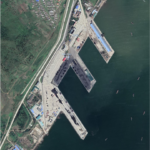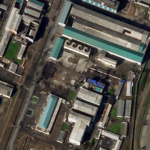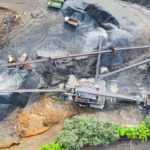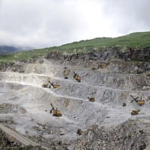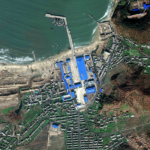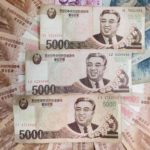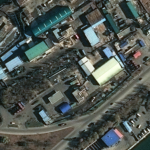November 30, 2020, by Michelle Bigold, Minjung Chey and Duke Dukho Gim—
Rajin holds considerable economic value, and its viability stems from its potential to act as a regional logistics hub linking the Chinese northeastern provinces, Far East Russia and North Korea. For China, the development of the northeastern provinces of Heilongjiang and Jilin hinges on access to a seaport. Having long suffered from stagnated growth and brain drain, the region is further weighed down by inefficient transport options that continue to stymie its economic potential.
June 16, 2020, by Joseph S. Bermudez Jr. and Victor Cha—
The latest undertaking at the Hungnam Fertilizer Complex, one of North Korea’s oldest and largest chemical complexes, is the construction of a small “liquid nutrient fertilizer factory.” The construction and future operation of this new liquid nutrient fertilizer factory is a further manifestation of the continuing efforts under Kim Jong-un to increase agricultural production by expanding and diversifying domestic fertilizer production capabilities.
November 19, 2019, by Joseph S. Bermudez Jr. and Marie DuMond—
Antiquated facilities, equipment, and processes, together with the continual plague of electricity shortages, will hinder any dramatic production increases of magnesite at North Korea's Taehung Youth Hero Mine... The Taehung Youth Hero Mine "has established the Juche orientation in the production of fireproof…
August 16, 2019, by Joseph S. Bermudez Jr. and Victor Cha—
Ryongyang Mine is the largest magnesite mine in North Korea and one of the largest in the world. However, satellite and ground imagery show the infrastructure and technology in use at the mines is dated and obsolete when compared to world standards.
September 19, 2018, by Joseph S. Bermudez Jr. and Marie DuMond—
Enforcement of international sanctions on North Korean seafood should be expected, therefore, to have an impact on both North Korea’s baseline fisheries earnings and the expected future return on the regime’s investment of resources and strategic effort in this modernization project.
August 26, 2018, by Victor Cha and Lisa Collins—
The growth of markets and gradual changes in the economy are some the most significant developments to occur in North Korea over the last 20 years. An understanding of these fundamental changes is critical for the formulation of North Korea policy. In an effort to further investigate these evolving economic changes in North Korea, Beyond Parallel launched a pioneering and original data collection project in 2017 and 2018 on markets.
December 21, 2017, by Joseph S. Bermudez Jr. and Lisa Collins—
In July and September 2017, unconfirmed reports circulated about dramatically fluctuating gasoline and diesel prices in North Korea. There were also reports that China was planning to suspend or limit fuel exports to North Korea. Analysis of satellite imagery from around this period indicates that a fuel suspension of any significant length does not appear to have affected Pyongyang.
December 5, 2017, by Joseph S. Bermudez Jr. and Lisa Collins—
On November 24, 2017, Chinese Foreign Ministry spokesperson Geng Shuang told reporters that the Sino-North Korean Friendship Bridge will be closed temporarily in the “near future” for repairs. A detailed analysis of DigitalGlobe satellite imagery from November 24th shows no activity on the bridge—repair or otherwise.
December 4, 2017, by Marie DuMond—
South Korea and the United States generally share similar estimations of China’s and Japan’s blind spots in a unification scenario. Both believe that Beijing has the most prominent blind spot on domestic stabilization and refugees, and that Japan shares similar concerns, suggesting that all four powers could prioritize law and order in a unification scenario.
November 13, 2017, by Marie DuMond—
Beyond Parallel’s first-ever survey of expert assessments on unification-related issues indicate South Korea and the United States share the common view that domestic stabilization and unification costs constitute the most critical unification blind spots with a high degree of concern but low levels of knowledge for both countries.
